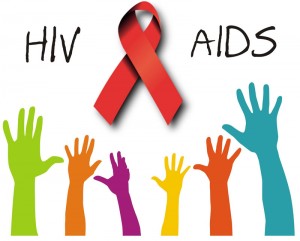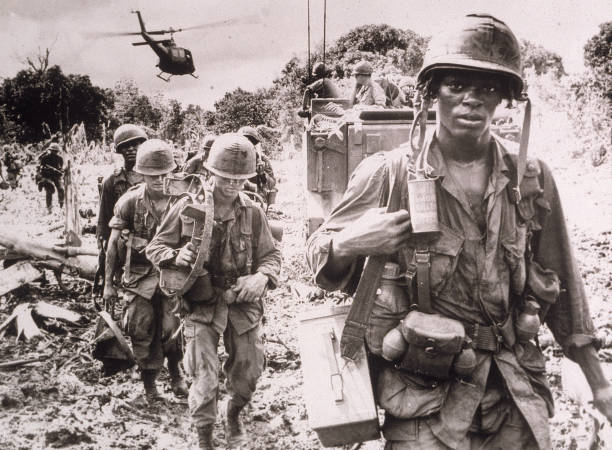(ThyBlackMan.com) FDA commissioner Margaret Hamburg states, “every year approximately 50,000 U.S. adults and adolescents are diagnosed with HIV.” Contrary to popular belief, HIV still remains an epidemic within the US, and while the ability to treat the disease has increased with time, there is still no cure. This has led to the desire to develop preventative HIV medications. These medications when taken within a limited time after exposure to HIV positive fluids can prevent the contraction of the disease. Up until know, it has only been recommended to those who have been exposed to the virus, but recently there has been shift to recommending the medication to those at higher risks of contracting the disorder.
The World Health Organization is urging all sexually active gay men to begin taking post-exposure prophylaxis medication (PrEP). The recommendation is based upon the combination of the medications ability to thwart HIV infection after exposure and the fact that gay men are nineteen times more likely than the general population to contract HIV in their lifetime. The decision can be viewed as a precursor to the medication being prescribed for everyday use by members of other high risk populations such as African Americans who are eight times more likely than whites to contract HIV, and compose forty-four percent of all new HIV infections of those above the age of thirteen.
than whites to contract HIV, and compose forty-four percent of all new HIV infections of those above the age of thirteen.
The medications ninety-two percent success rate in counteracting the virus when taken within seventy-two hours has earned the medication the status of a miracle drug. However, the drug is not without its side effects, and the recommendation by the World Health Organization to some groups to regularly use PrEP as a preventative treatment is more dangerous than at first apparent.
Truvada, the leading PrEP medication and the first drug to be approved by the FDA for the prevention of HIV, has serious side effects not limited to nausea and vomiting, severe and potentially permanent liver damage and lactic acidosis, which can lead to blue hands and feet and abnormal heart rates. Many people who take the medication experience raised blood sugar, which often develops into diabetes. This persists even after the course of the medication is finished. It is for the aforementioned reasons that doctors have traditionally been instructed to only prescribe the medication to those who were both exposed to the HIV virus and exposed in such a way as to be likely to contract the virus. The recent recommendations are in stark contrast to the previous prescribing recommendations given for the drug. However what motivated this shift and the consequences remains opaque.
The medication must be taken daily or it loses effectiveness. There are fears on the behalf of members in the scientific community that improper intake of the drug will lead to Truvada resistant strains. This is especially disconcerting, since HIV is well known for its ability to adapt and mutate.
There are many barriers to the medications accessibility. At a cost of 13,000 dollars a year the medication will likely remain inaccessible to those from low income brackets, where the disease is the most widespread and treatment is underutilized. Concerns persist that those for whom the medication should be prescribed will not come forward to ask for it due to social stigma against those who are sexually promiscuous or practice unsafe sex.
Staff Writer; Jeremy Bamidele
This young brother is a former faculty member at Rancho Santiago Community College in California and currently lives in Philadelphia, Pennsylvania where he is completing Graduate School at the University of Pennsylvania. He can be reached at jbami@sas.upenn.edu.
















Leave a Reply